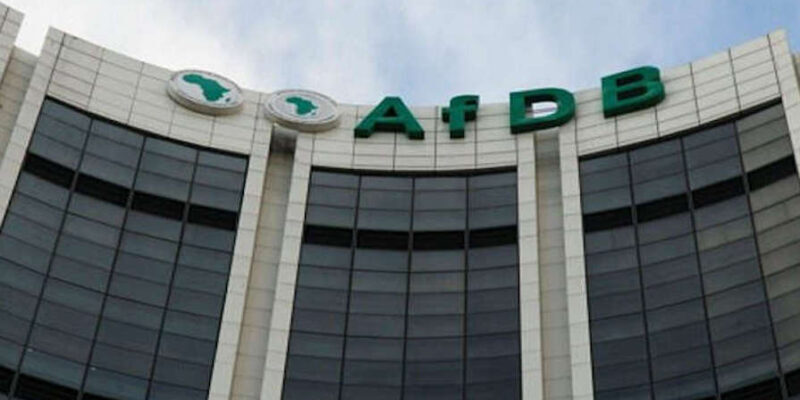The African Development Bank Group (AfDB) has granted Nigeria $500 million to overhaul its electricity infrastructure and boost access to cleaner energy.
In a statement released by the bank on Thursday, the African lender said the loan will finance the first phase of the Economic Governance and Energy Transition Support Program (EGET-SP).
The statement read: “The Board of Directors of the African Development Bank Group has approved a loan of $500 million to the Federal Republic of Nigeria to finance the first phase of the Economic Governance and Energy Transition Support Program (EGET-SP), a new program aimed at accelerating transformation of the country’s electricity infrastructure and improving access to cleaner sources of energy.”
The bank further said the loan will help close the financing gap in the federal budget for the 2024–25 fiscal year, specifically supporting the implementation of Nigeria’s new Electricity Act and the Nigeria Energy Transition Plan.
These initiatives aim to decentralize the electricity supply industry and draw investments from regional governments and the private sector.
Nigeria introduced its energy transition plan in August 2022, and in June 2023, it enacted the new Electricity Act.
The plan aims to develop 250 gigawatts (GW) of installed electricity capacity by 2050, with 90 percent of this capacity coming from renewable sources.
By 2030, the goal is to provide clean cooking solutions to most of the population using liquefied petroleum gas (LPG), biogas, biofuels like ethanol, and electric cookstoves.
The EGET-SP will support these policies by upgrading Nigeria’s electricity infrastructure and accelerating the transition of millions of households and businesses to cleaner, renewable energy sources, AfDB said.
The bank group’s $500 million support for Nigeria is part of a series of initiatives targeted at aiding the country’s economic growth, poverty reduction, and climate action efforts.
The EGET-SP aligns with the AfDB’s new 10-Year Strategy (2024-2033), its High 5s priorities, and the New Deal on Energy for Africa, aiming to achieve universal access to modern energy by 2030.
The Federal Government’s plan to eliminate estimated billing by the end of 2024 faces significant challenges, as shown by the recent rise in the number of customers on estimated billing across Nigeria’s electricity distribution companies (DisCos).
The ‘Nigeria Electricity Report’ recently released by the National Bureau of Statistics (NBS) for the first quarter of 2024 showed a 10 percent quarter-on-quarter increase in estimated billing customers, with the metering gap widening.
The number of customers on estimated billing rose from 5.83 million in the fourth quarter (Q4) of 2023 to 6.43 million in the first quarter (Q1) of 2024, showing a 10 percent increase.
Year-on-year, the rise in estimated billing customers is also significant, with an 8 percent increase from 5.96 million in Q1 2023 to Q1 2024.
This increase occurs as the government continues to subsidize other customers than Band A, though Band A customers on estimated billing are still required to pay based on estimation.
This situation highlights a persistent issue within the Nigerian electricity sector: the inability to adequately meter all customers to bridge the metering gap, leading to reliance on estimated billing despite various initiatives.
The newly approved loan from the AfDB comes at a time when the World Bank announced a supervision mission to Nigeria in response to the underperformance of a $500 million loan aimed at improving the country’s electricity distribution sector.
The World Bank has restructured a $350 million loan to Nigeria to complete seven key power plants in educational institutions, strengthening the country’s energy infrastructure. The new deadline for the Nigeria Electrification Project (NEP) is now December 31, 2024..
SOURCE:africanenergycouncil.org
![]()




